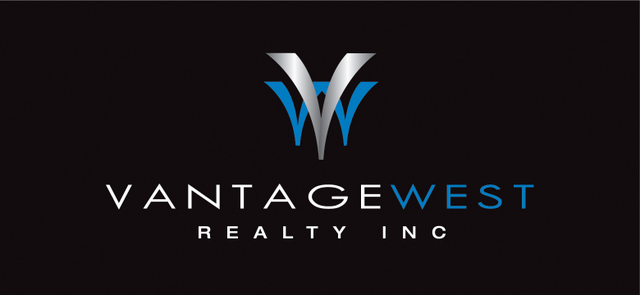If you’re on the lookout for a bargain property, the Okanagan may be your best bet.
But be quick. Because the real-estate scene in this hugely varied destination — from Shuswap Lake in the north, through the major ski resorts and urban Kelowna, to the lakefronts and vineyards of the Central Okanagan and south to desert-dry Osoyoos — is on the mend.
While the Okanagan remains, for the moment, a buyer’s market, the prices for every type of property are creeping back up and the inventory is dissipating.
At the same time, the market is maturing — or changing. Rather than solely eyeing short-term vacations, some condo-purchasers have retirement in mind. Extended families are pooling their resources for, maybe, a ski chalet. Increasingly, purchasers are Western Canadians, rather than Americans and other outsiders.
The Okanagan was badly hit by the 2008 recession, and by the summer of 2009, prices were in free fall. Recreational and regular properties were discounted by 30 per cent and more, foreclosures were not uncommon, and some construction came to a halt.
Today, says Gary August, longtime realtor and co-owner of Coldwell Banker Horizon Realty in Kelowna, the market is improving.
Comparing the first four months of 2008 with the first four months of this year, prices are down 21 per cent for condos; between seven and 8.5 per cent for single-family and town houses; and by 14.5 per cent for lakeside homes costing $2 million or more.
According to statistics from August, that puts the median price for a condo today at $213,000, a town house at $330,000, a single-family house at $461,000, and a luxury lakeshore home at $2,025,000 (the latter, a 2010 figure, given a dearth of sales so far this year). In short, says August: “Our market is better than it was two years ago, but down from the peak of 2008.”

